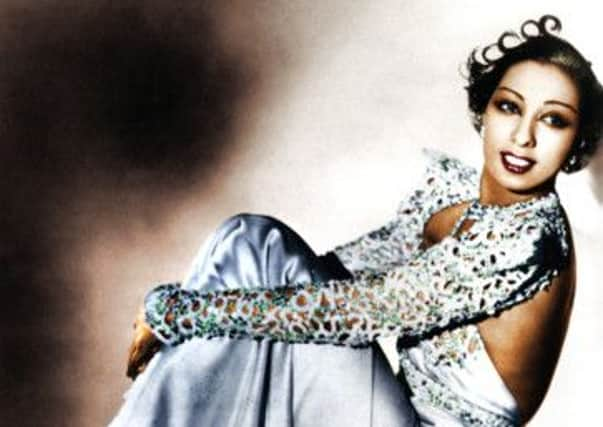French try to redress Panthéon gender imbalance


The motto above the door bears much the same sentiment: “To great men, a grateful country.”
Which raises a question: what about the “great women”?
Although times have changed since the building was completed in 1790, neither the motto nor, more importantly, the choice of who should be buried there has caught up.
Advertisement
Hide AdAdvertisement
Hide AdBy tradition, every French president has the honour of moving a deceased worthy into the structure alongside figures such as Voltaire and Rousseau (who hated each other), Victor Hugo and Marie Curie, the lone woman among 73 people entombed there. So when President François Hollande sought suggestions about whom to add to the roll of honour, the debate soon turned to redressing the gender imbalance.
The president’s staff and Philippe Bélaval, head of the Centre for National Monuments, have been barraged with names of important women recommended for a Panthéon burial. At a time when France is deep into one of its periodic debates about national identity, the types of women most often nominated are a reflection of sorts of the national psyche.
At the top of the list are rebels and crusaders, women who dared to live different lives, which sometimes meant unconventional sexual liaisons, multiple lovers and bisexual relationships, as well as exceptional intellectual and social accomplishments. Above all, the women being promoted were individualists and independents in a society that remains deeply conformist.
In the 20 days that the Centre for National Monuments had a poll online asking for suggestions, more than 30,000 responses were received, and most of the top nominees were women. Facebook groups formed by feminist organisations drew thousands of votes for women, and when the magazine Le Point polled 5,000 people, the strongest support went to two women: Louise Michel, a 19th-century anarchist and teacher who never married, and Sister Emmanuelle, a nun who lived mainly in Turkey and Egypt among the poor and espoused liberal views on contraception.
In addition to Michel and Sister Emannuelle, women demonstrating in front of the Panthéon last year hoisted portraits of Olympe de Gouges, an early crusader for women’s rights and opponent of slavery.
Another potential entrant is Simone de Beauvoir, an intellectual and political theorist and a periodic supporter of hard-line Communist leaders such as Stalin and Mao. Women active in the Resistance are often mentioned. They include Germaine Tillion, an ethnologist sent to a concentration camp, and Lucie Aubrac, whose daring ruse to save her Jewish husband and others makes for breathtaking reading. Other nominees include US-born dancer and jazz singer Josephine Baker, who took French citizenship, and a half-dozen others.
The scarcity of women in the Panthéon can be explained in part by the relatively small number of French women who have achieved powerful positions. Women won the vote in France only in 1944, nearly 40 years later than in Finland and about 25 years later than in Germany and the UK. And, unlike the UK and Germany, has yet to elect a female leader.